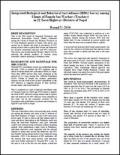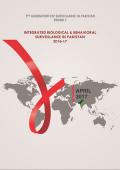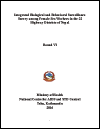Publications on Female Sex Workers (FSW)
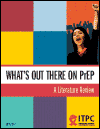
According to the findings from this review, KPs value and recognise PrEP as additional protection against HIV infection (part of combination prevention programme). However, the perceived benefits and concerns around PrEP were motivated by the specific needs and experiences of the different KP groups. A few cross-cutting issues emerged, highlighting areas which need to be addressed for easier PrEP uptake.
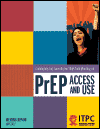
To inform the content of the meeting, ITPC undertook a Literature Review to collate and examine views from key populations on use and access to PrEP. Key findings of the suggested that there is general acceptability and demand for PrEP among KPs as an additional option for HIV prevention within a comprehensive approach. However, there are a number of concerns, risks and barriers that will need to be addressed for successful PrEP uptake.


The objectives are to determine national prevalence estimates and related risk behaviors for HIV and syphilis among EW, to provide data for program planning and management of STI and HIV prevention programs for EW and their clients and to evaluate HIV/syphilis prevalence and behaviors among EW.
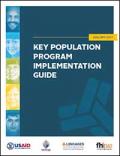
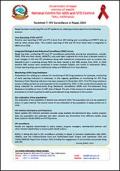
Nepal has been conducting HIV and STI surveillance particularly among key populations, namely: PWID, FSW and their clients, MSM/TG, and male labor migrants for more than a decade mainly to track changes in HIV and STI prevalence along with behavioral components such as condom use. Hepatitis-B and C screening among PWID has been started in the IBBS surveys from 2015. In 2016, baseline IBBS surveys were conducted in Street Involved Children and Youths in Kathmandu Valley, Female injecting drug users in Kathmandu Valley and MSM and TG in Terai districts.
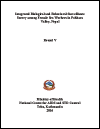
This fifth round of Integrated Biological and Behavioral Surveillance (IBBS) survey was conducted among Female Sex Workers (FSWs) in Pokhara valley with the aim to monitor the trends of HIV and STIs (syphilis, gonorrhea and Chlamydia) prevalence and also the relevant risk behaviors in this population.
